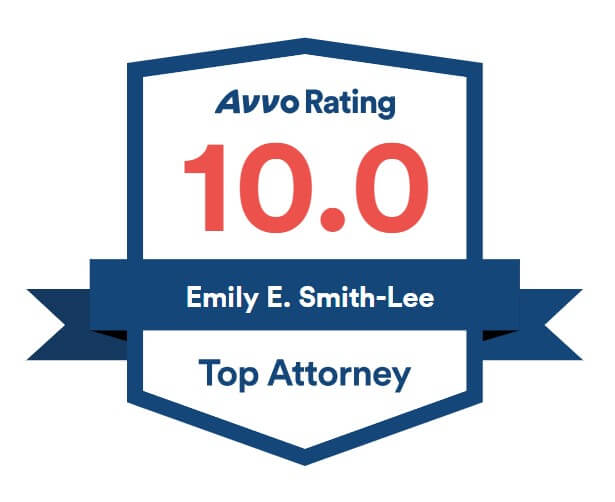A Comprehensive Guide to Buying or Selling a Business in Massachusetts
Understanding the Basics of Business TransactionsIf you're exploring the world of buying or selling a small business in Massachusetts, our expert business lawyers are here to assist you. Before diving into the process, there are crucial insights you should be aware of.
Understanding Asset Sale vs. Corporate Entity SaleWhen you see a business for sale, it is important to understand whether what they are offering is an asset sale or a sale of the stock or membership interests in an established corporation (LLC, S Corp, or Corporation).
An asset sale involves purchasing the assets of the business, including intangible assets like goodwill, without assuming the seller's obligations unless specifically agreed upon. Conversely, acquiring a corporate entity means stepping into the seller's shoes, encompassing both assets and liabilities. While purchasing the entire entity simplifies the transfer of essential business elements, it also carries the burden of potential liabilities, especially if the company has a history or employees. Due diligence is crucial, and considering an asset sale may be a viable option. Seeking the Right ProfessionalsIf you're new to buying or selling a business, finding the right guidance is paramount. Consider consulting these professionals:
Key Terms and ConsiderationsOnce the purchase price of a business for sale is determined, several other terms require attention:
Addressing Employment MattersFor businesses with employees, handling the transition is vital:
|
We're Here to Help.OR
|
Questions About Buying or Selling a Business?
Our Solutions Roadmap is a quick and easy way to share the details of what you are facing and receive preliminary feedback from a member of our team. Use the button below to get started- it is 100% confidential and 100% free.
Meet Our Business Attorneys

Emily Smith-Lee is the owner and founder of slnlaw. She is a 1996 graduate of Boston College Law School. She was previously a partner at the Boston office of a large international firm, where she worked for thirteen years with a focus on business litigation. In 2009, she started the firm that since became slnlaw, and has grown it from a solo practice to a five-attorney firm with multiple practice areas. She has been recognized as Massachusetts Superlawyer each year since 2013, and in 2018 earned recognition as one of Massachusetts Lawyers Weekly's Lawyers of the Year. She has written a book on employment law: Rules of the Road, What You Need to Know About Employment Laws in Massachusetts, and helped hundreds of small business owners with contracts, business transactions, employment law advice, business incorporation, and risk management. She has also litigated business disputes in state and federal courts.

Rebecca Rogers: Rebecca is a 2006 graduate of Boston College Law School, and has worked with slnlaw since 2013. She previously worked as an intellectual property litigation attorney for Fish & Richardson in Boston, Massachusetts, and clerked for the Massachusetts Supreme Judicial Court. Rebecca has helped clients with business contracts, employment contracts, and employment law advice.

Jenna Ordway: Jenna is a 2013 graduate of Quinnipiac Law School, and also earned an LLM in Taxation from Boston University in 2015. She has been affiliated with slnlaw since 2011, first as a law clerk and then as an attorney. Jenna has been recognized since 2019 as a "Rising Star" by Massachusetts Superlawyers. Jenna has helped many small business owners with simple and complex business incorporation, contract review, advice and analysis regarding business disputes, employment law advice, and advice about business succession considerations as part of estate planning.

Elijah Bresley: Eli is a 2014 graduate of Seton Hall Law school, and has worked with slnlaw since 2020. He previously worked for a boutique employment law firm outside of Boston, and then for the Labor and Employment department of a large Boston firm. He also spent a year clerking for the judges of the Superior Court in Hartford, Connecticut. Eli has helped our small business clients with employment law advice and defense of employment-related lawsuits in MCAD and state and federal courts.

Sharleen Tinnin: Sharleen is a 2010 graduate of Northeastern University School of Law, and has been with slnlaw since 2023. Prior to joining slnlaw, she worked with King, Tilden, McEttrick & Brink, P.C. on complex civil litigation matters. She previously worked for the United States Department of Justice, and received an "Excellence in Justice" award in 2017. Sharleen has helped clients litigate business disputes in state and federal courts, and advised business owners about succession considerations as part of their estate planning.
How We Can Help
Our experienced business lawyers are here to provide expert guidance and support throughout your business buying or selling journey. From legal document preparation to navigating complex negotiations, we're dedicated to helping you achieve your goals. You can use the button below to schedule a free consultation, or give us a call at (781) 784-2322.
|
Emily Smith-Lee Rated by Super Lawyers loading ... |
Jenna Ordway
Rated by Super Lawyers loading ... |


